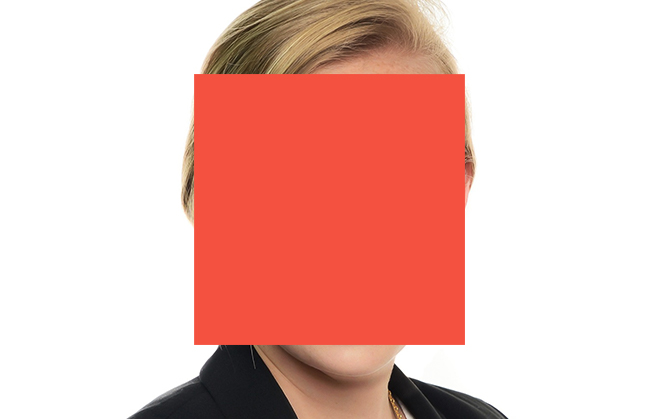
Facebook’s AI and the future of image recognition
Just last week, Facebook revealed its progress regarding Image Recognition AI. With this technology able to provide a more tailored user experience, just how will it shape the platform’s future?
Facebook has been developing its image recognition technology since last year, with tools able to detect specific objects in photos- for now, this has been used to generate automated image captions based on what’s shown in the picture. The platform’s latest developments however, show just how precisely objects can be detected, in order to share product recommendations. Facebook’s team of 60 AI scientists and researchers have been working on the code for two tools, DeepMask and SharpMask- the former enables objects in images to be identified and segmented, while the latter sharpens up those objects’ boundaries for precision. There’s also MultiPathNet, the process by which information is gained on objects in order to learn about and name them. For users, this technology is useful for discovering related products, places or events, while brands will be able to benefit from having their products displayed to their target audience. We imagine this will also lead the way for more specific ROI measurement, with businesses able to track new metrics on the platform such as brand and product mentions, and perhaps the amount of traffic generated from specific images too.
There’s also the possibility for Facebook to extend this image recognition technology to video too. For instance, the site’s Engineering page has previously shared an AI demo showing how it could use real-time video classification, with this being used to identify similar live videos, scenes and objects as the video is playing. With real-time footage to work from, we imagine this is also the perfect type of content on which AI can grow its learning capabilities.
Like Facebook, Snapchat and Pinterest are two other social networks to have revealed their plans to incorporate AI. For Snapchat, the app is looking to integrate this with its advertising model, using image recognition to serve targeted ads, filters and coupons. This would involve identifying anything from specific objects to locations shown in snaps, enabling precise targeting and personalisation. For Pinterest, AI is being used to facilitate the shopping process, with in-Pin search set to become much more advanced. Currently, users can use the search feature on individual pins to bring up visually similar pins, but soon, Pinterest will enable viewers to search for individual items displayed in that pin. So a pinned image of a kitchen for instance, will not only allow the user to find similar images, it will also allow he or she to discover similar items in that kitchen, whether that be a certain utensil or device. Pinterest calls this development “enhanced product recommendations by object recognition”, and it hope to expand this to other areas too. For instance, the site revealed that this could lead the way to new 3D visualisation tools enabling users to see how specific objects would look like in their own homes.
What do you think about Facebook’s plans for AI? Do you think image recognition technology will be a huge draw for advertisers thanks to the precision it offers? We’d love to hear your thoughts, so please tweet to us @PracticeDigital and share your comments on our Facebook page.




